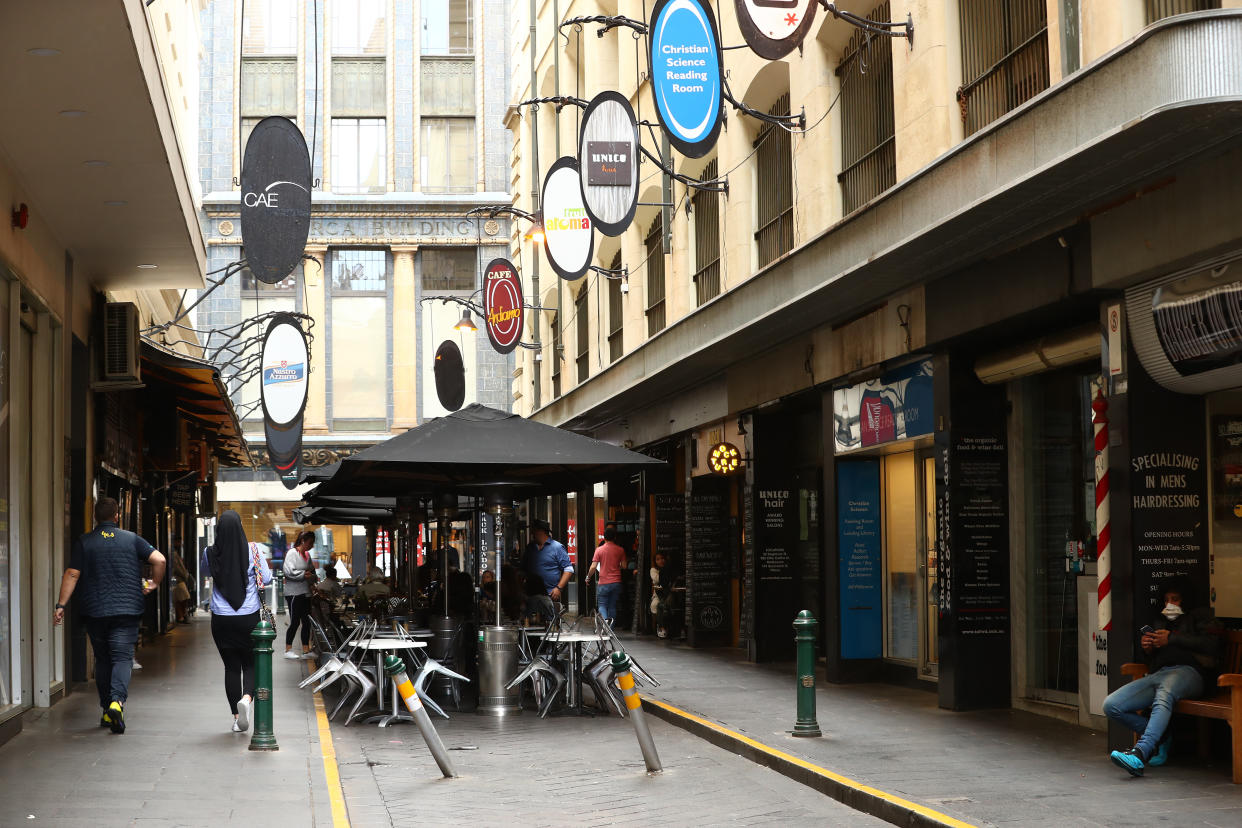Hundreds of businesses caught out in wage theft sting

Workers in Melbourne and Brisbane’s popular dining precincts are among the 1,351 Australians receiving $1,212,727 in recovered wages after a major sting from the Fair Work Ombudsman (FWO).
Between December 2018 and March 2020 the FWO investigated the Degraves Street and Hardware Lane dining precincts in Melbourne and Brisbane’s West End precinct for signs of underpayment, as well as revisiting former offending businesses across the country.
It found that 84 per cent of the 49 businesses in Melbourne’s precincts and 88 per cent of the 44 in Brisbane’s West End were not compliant with Australian workplace laws.
It recovered $194,365 in missing wages for 186 Melbourne workers and another $309,073 for 369 Brisbane workers, with underpayments for businesses in Melbourne ranging between $30 and $59,680 and $377 to $65,215 in Brisbane.
“Competitive dining strips commonly rely on workers who are young, students or visa holders. We will continue to protect such vulnerable employees by holding employers to account,” Ombudsman Sandra Parker said, describing the low rates of compliance as unacceptable.
“While we know some of our priority sectors, including many fast food, restaurant and café businesses, have been seriously impacted by the Covid-19 pandemic and are under considerable financial strain, we will continue to enforce workplace laws in a proportionate way.
“We will focus on ensuring that any underpayments of workers are back-paid promptly, and where serious non-compliance is found, we will take enforcement action.”
The businesses were selected based on anonymous reports and FWO intelligence, with the Ombudsman noting that these precincts are “high-risk sectors” that prey on vulnerable workers like university students.
The FWO also investigated another 171 businesses, uncovering a non-compliance rate of 71 per cent. Across those businesses, another $709,289 was recovered for 796 chefs, cooks, waiters and shop assistants.
The Ombudsman has issued 10 formal cautions, 85 compliance notices and 11 contravention letters. The most common breaches were failures to pay the correct penalty rates and underpayments of the minimum wage.
And while the most reason was a lack of awareness of the laws, Parker said this wasn’t an excuse.
“The FWO expects all employers to comply with workplace obligations and to access our free tools and resources if they need assistance. Any employees with concerns about their pay should contact us,” Parker said.
Several businesses remain under investigation and face potential prosecution.



